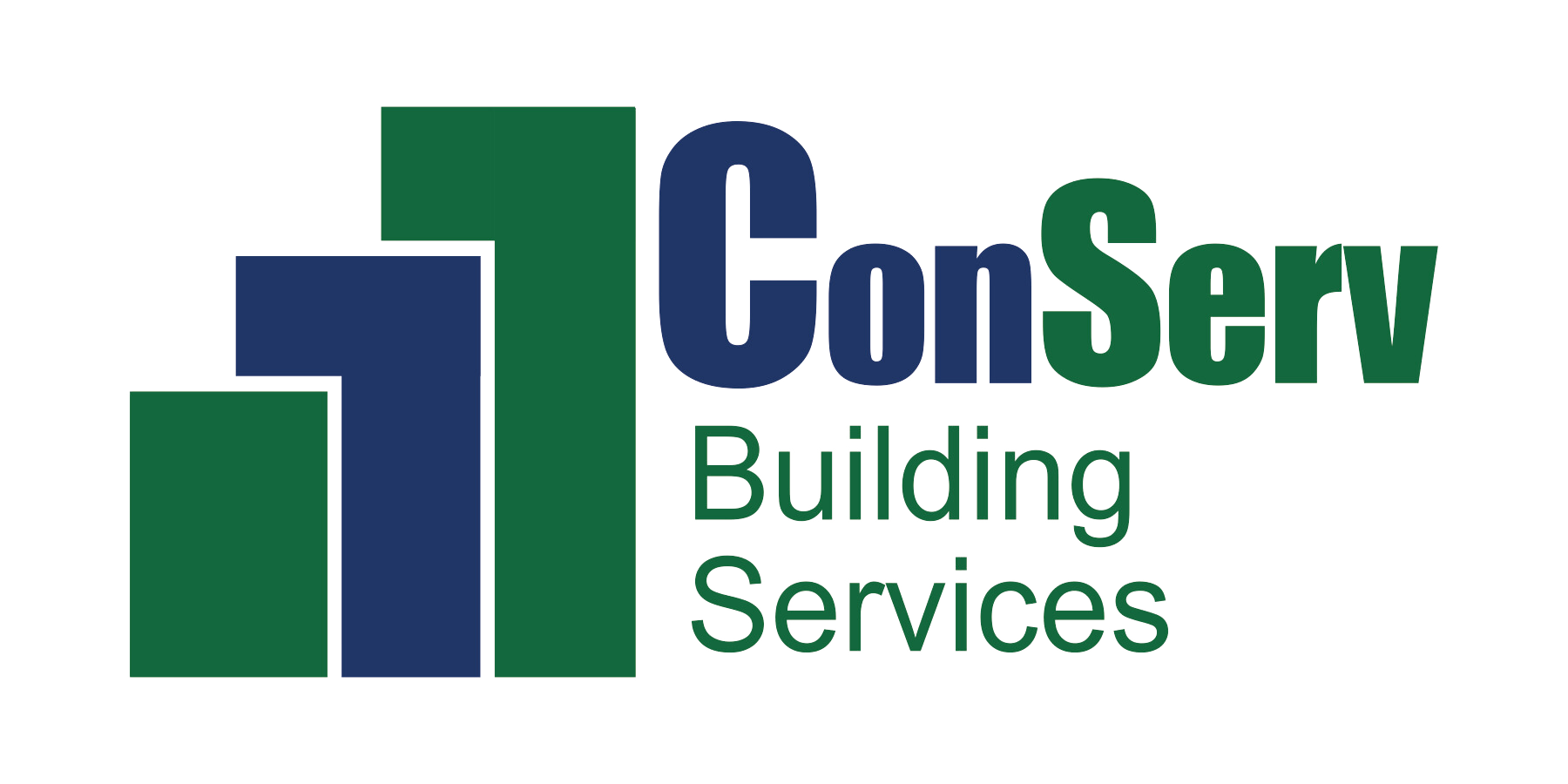Did you know that it is a Florida Building Code requirement to install safety float switches on new rooftop unit replacements?
Most customers know that condensate float switches are installed in air handlers inside buildings. It is now mandatory to install float switches in Roof Top Units (RTU) as well. Normally, you will have two float switches in a split system above the ceiling; one will be incorporated in the main drain of the air handler and the other will be installed in the auxiliary emergency drain pan. Therefore, if the first device fails, there will be a redundant safety switch.
This is best illustrated by a common example: if the main drain line on an A/C system becomes clogged, then condensation water would fill the drain pan and could start to overflow. This safety device is designed to shut down the air conditioner when the drain pan backs up.
The float switch can prevent water damage to your floor, ceiling, or merchandise. During a scheduled preventative maintenance, the safety switch can be tested to ensure that it will function properly and shut the unit down in case of a water back-up. The Florida Building Code made it mandatory to install the float switch device on rooftop equipment, not just air handlers. Some customers have noticed that ConServ includes a quote for float switches on our RTU replacement proposals. A minor investment such as this can keep our customers up to code as well as safeguard them from any accidents or damage from water leaks.
307.2.3.1 Water-Level Monitoring Devices
On down-flow units and all other coils that do not have a secondary drain and do not have a means to install an auxiliary drain pan, a water-level monitoring device shall be installed inside the primary drain pan. This device shall shut off the equipment served in the event that the primary drain becomes restricted. Externally installed devices and devices installed in the drain line shall not be permitted.
ConServ Building Services, LLC provides excellent commercial HVAC, refrigeration, plumbing, and general construction services to businesses across the Southeastern United States. To learn more about ConServ, visit www.conservonline.com.
